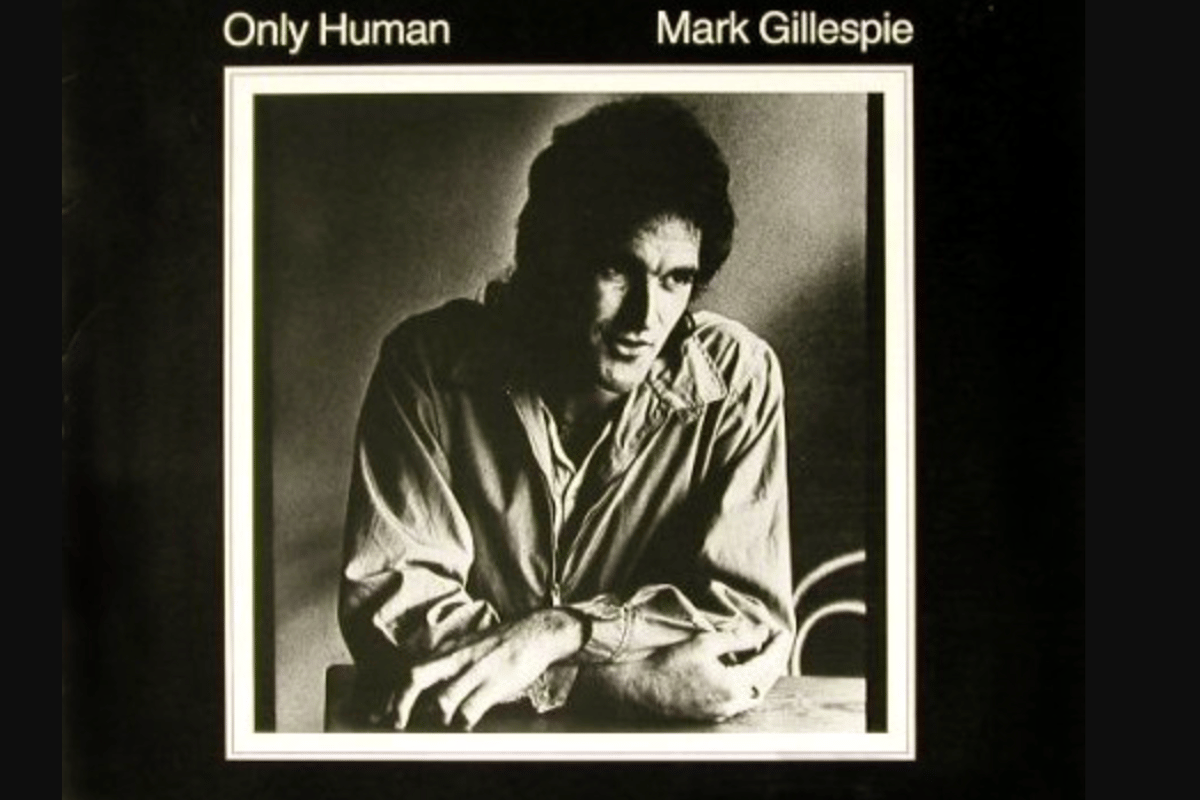Aussie singer-songwriter Mark Gillespie passes

Australian singer-songwriter/poet Mark Gillespie, whose 1980 album Only Human is regarded as among Australia’s scintillating debut albums, has died in Bangladesh.
Gillespie has been running an orphanage over there, and as yet, a cause of death is not known.
Mark Ignatius Gillespie emerged in Melbourne’s ‘70s theatrical Carlton scene, alongside Paul Kelly, Joe Camilleri, Eric Gradman, Ross Wilson and Stephen Cummings who created followings in venues such as Martinis, Bombay Rock and the Tiger Lounge.
Mysterious and with the air of a tortured soul, Gillespie had written short stories and poetry, co-founded Outback Press, and studied architecture at Melbourne University.
His first recordings appeared in 1977 on The Debutantes sampler on Ross Wilson’s Oz label.
Two years later he was with Infinity/Festival, which put him on tours by Tom Waits, Rodriguez and Maria Muldaur.
He instinctively knew which other musicians brought out the best in his songs.
Singer-songwriter and bassplayer Joe Creighton recalled the time Gillespie turned up at his flat and asked him to become his bassist.
Creighton, who regarded himself more as a songwriter, asked why he didn’t get a ‘real’ bassplayer.
Gillespie replied: “I want your bass playing in my band.”
Only Human was recorded at The Music Farm near Byron Bay, with Gillespie playing electric, acoustic and steel guitars, synths, keyboards, grand piano and mandolin.
He surrounded himself with names such as Daddy Cool’s Ross Hannaford and Mark Meyer. Creighton played bass, did backing vocals and helped with arrangements.
“Mark’s songs were always great for creating good grooves and dynamic bass lines in. I always had a lot of fun recording with him,” Creighton said.
A February 2010 re-release on Aztec Music had a complete bonus CD of his 1970s tracks and a booklet providing insight to his songs.
Gillespie had little time for media promotion, and after grudgingly doing some for EMI behind Only Human, he disappeared to Asia on a spiritual journey.
He returned a year later to make Sweet Nothing in 1982 for Glenn Wheatley’s Wheatley Records.
It broke into the Top 40 and his acclaim grew as a great writer after his third album Mark Gillespie (1983), better known as Ring of Truth.
He returned to Bangladesh, coming back to make the acclaimed Flame (1992) through Mushroom before quitting the music industry in disgust, declaring he was “disappointed, ripped off, let down, betrayed, ignored”.






























